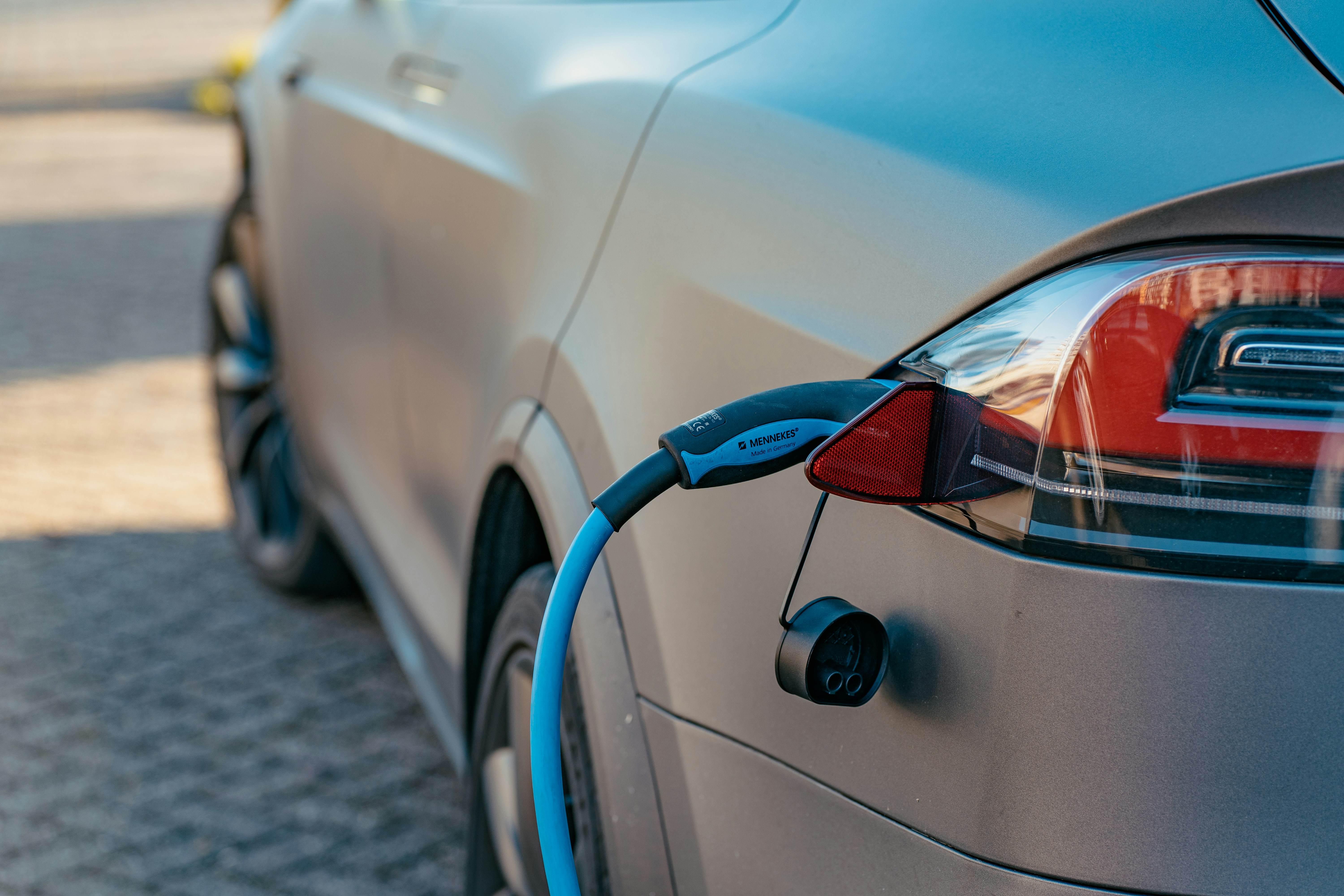Wisconsin recently removed itself from the short list of states that did allow for non-utilities to sell electricity by the kilowatt-hour for electric vehicle (EV) charging. In March of 2024, the Governor signed Wisconsin Senate Bill 791 which addressed this issue, allowing private entities to sell electricity without being regulated as a public utility. While this is a positive step forward, the legislation did not address the other barriers to private investment in the EV charging market, namely unfair competition from electric utilities and demand charges. For private investment in Wisconsin’s EV charging market to truly thrive, these issues must be addressed. Charge Ahead Partnership sent a letter to the sponsors of this legislation encouraging them to make amendments to the legislation which would transform this bill into a comprehensive bill to address all of the barriers to private investment.
Factors dissuading private investment in EV charging in Wisconsin:
Private entities cannot sell electricity for EV charging by the kWh without being regulated as an electric utility
Utilities can compete unfairly with private entities by using ratepayer funds to subsidize their entrance into the EV charging market, with NSPW already seeking to do so
CAP has also engaged in two different proceedings before the Public Service Commission of Wisconsin. The first was Docket 4220-UR-126, the application of Northern States Power Company-Wisconsin (NSPW), an Xcel Energy subsidiary, for authority to adjust electric and natural gas rates. Contained in this application was a request to use ratepayer funds to build two fast charging “hubs” with chargers owned and potentially operated by the utility. This request followed the blueprint laid out by NSPW in Docket 4220-TE-133 where the utility could request funds to own 20 charging hubs by 2026. CAP submitted comments in this proceeding encouraging the Commission to reject this provision of NSPW’s application or at least to limit NSPW’s role to ownership and not operation of the charger to minimize the impact upon the competitive market.
CAP also submitted comments to the Commission in Docket 5-EI-160, a docket to consider the Public Utility Regulatory Policies Act (PURPA) Amendments implemented by the Infrastructure Investment and Jobs Act (IIJA). For more information on the PURPA Amendments, view the PURPA Amendments blog post. CAP’s comments encouraged the Commission to adopt policies to drive the growth of the EV charging network by preventing unfair competition from electric utilities and addressing demand charges, two key barriers to private investment. The Commission order found it reasonable to continue to implement utility demand response requirements and EV charging programs in current and future dockets pursuant to the PURPA amendments.


